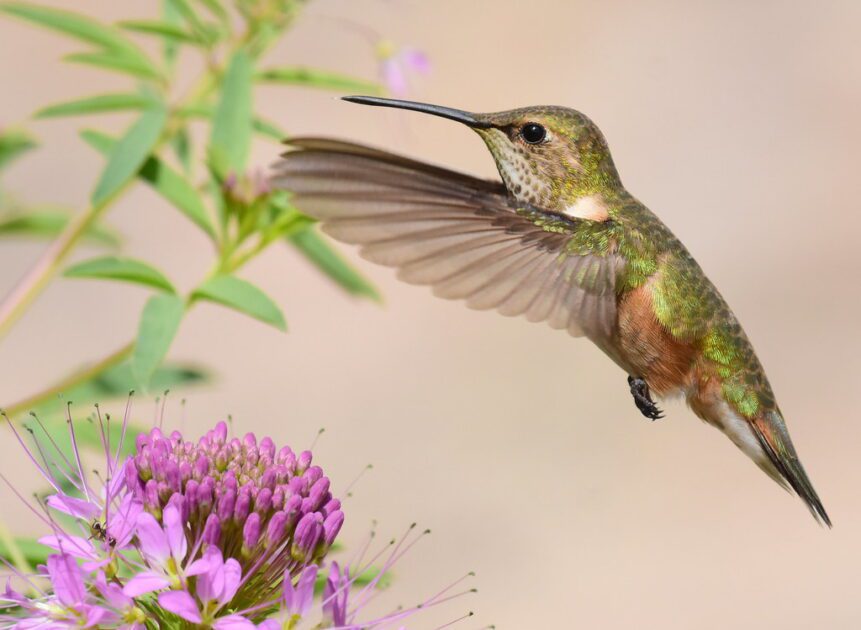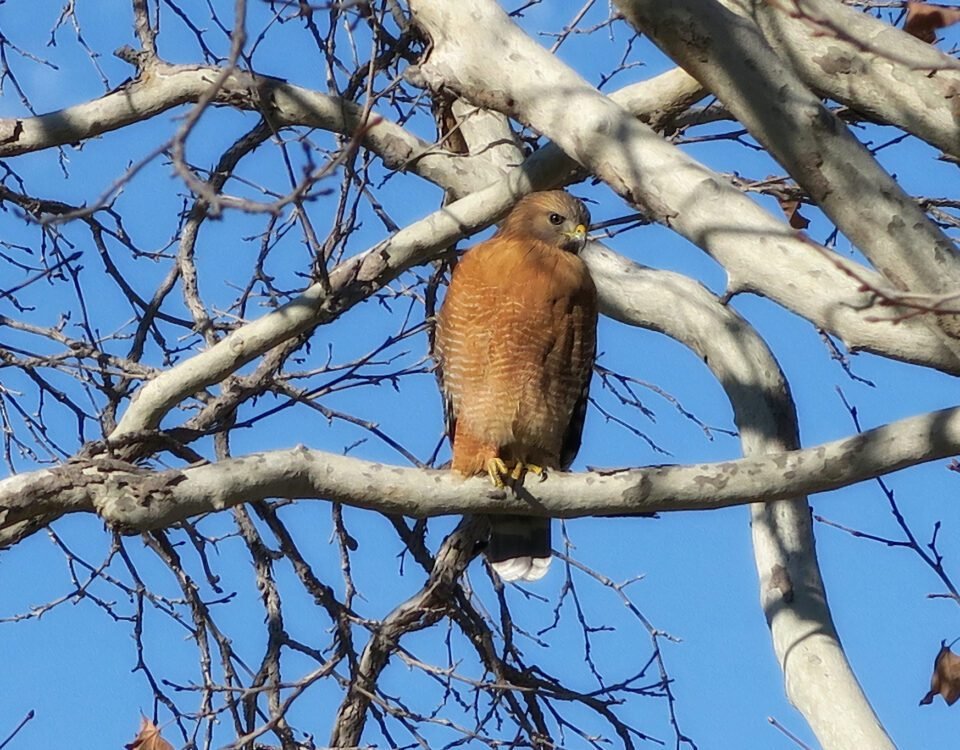


Milk coming out of puppy’s nose when nursing? 9+ Reasons
January 4, 2024


Everything You Need to Know About Birds’ Heat Cycles [2024]
January 4, 2024Using scent-based or olfactory repellents is a practical approach if birds frequent your garden and you want to deter them without causing harm. While there are commercial chemical options, various natural repellents can be just as effective in encouraging birds to steer clear of your plants.
This guide outlines some common and easily accessible ingredients that can be used to create these bird-repelling solutions.
Birds’ Sense of Smell
Birds, contrary to popular belief, have a developed sense of smell. While this sense varies across bird species, many are sensitive to certain odors. Odors play a significant role in their behaviors, such as finding food, navigating, and even in social interactions.
Consequently, certain smells are unappealing or disturbing to birds. These particular scents can act as effective repellents, causing birds to avoid areas where these odors are present. Understanding which smells are unappealing to birds can thus be leveraged to deter them from specific regions humanely.
Common Smells That Repel Birds
Essential Oils
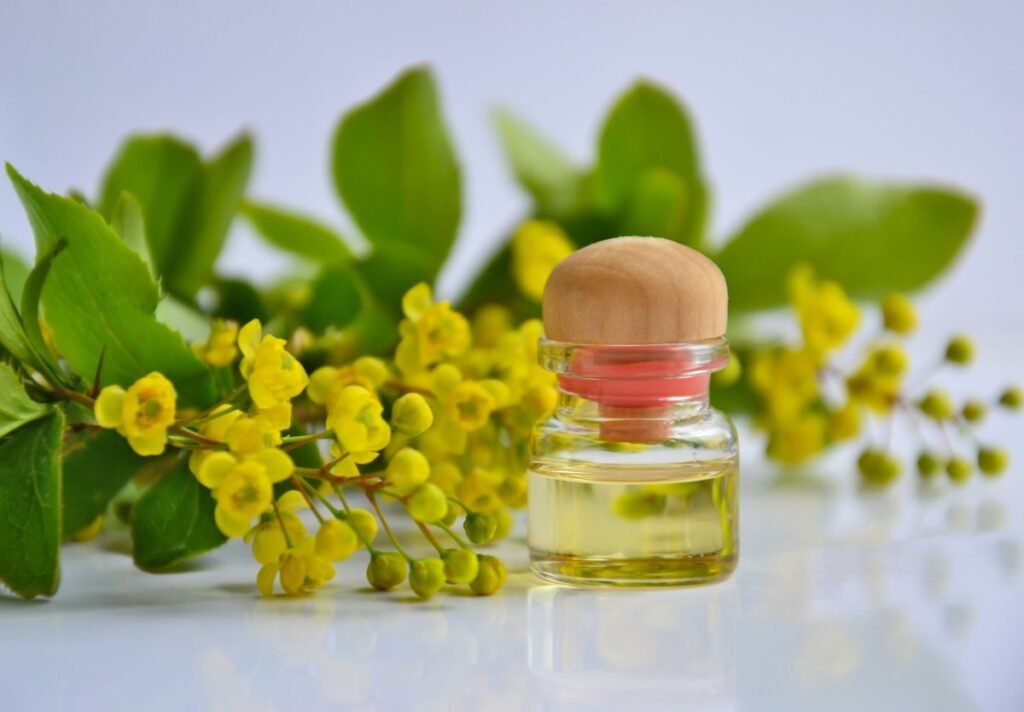

Essential Oils to Repel Birds
1: Peppermint Oil
Peppermint oil emits a strong, pungent aroma that birds find unpleasant. Its intense minty scent is often too overpowering for birds, making it an effective repellent.
To use this oil, mix a few drops with water and spray it around areas frequented by birds, such as gardens or patios. Regular application is necessary for continued effectiveness.
2: Citrus Oil
Birds are generally averse to the tangy, acidic smell of citrus. Citrus oils, derived from fruits like lemons and oranges, can create a bird-repellent spray.
Like peppermint oil, dilute citrus oil with water and spray it in bird-prone areas. The fresh, zesty aroma works well in keeping birds at bay.
3: Lavender Oil
Lavender oil, known for its soothing scent to humans, is surprisingly effective as a bird repellent. The floral, slightly herbal fragrance of lavender is off-putting to birds.
You can create a bird-free zone by diluting lavender oil in water and spraying it around your garden or on your balcony. Additionally, the scent of lavender oil tends to linger, providing lasting deterrence.
4: Eucalyptus Oil
Eucalyptus oil has a sharp, medicinal smell that is disliked by birds. Its strong menthol-like aroma can be used to discourage birds from inhabiting certain areas.
Mix eucalyptus oil with water and spray it around your property. The potent scent repels birds and has a refreshing aroma for human occupants. Regular application is recommended to maintain its bird-repellent effect.
Common Household Spices And Ingredients
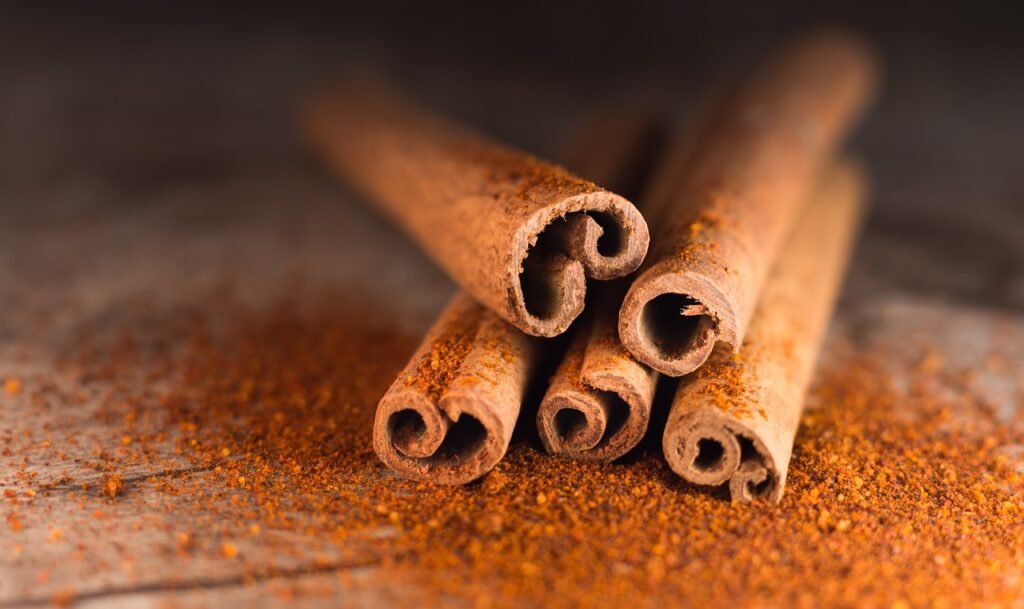

Common Household Spices And Ingredients That Can Repel Birds
1: Cyanne Pepper
Cayenne pepper is highly effective in repelling birds due to its capsaicin content, which birds find irritating. The strong, spicy scent and taste are deterrents.
Cayenne pepper can be sprinkled in areas where birds are a problem or mixed with water and a little dish soap to create a spray. This spray can then be applied to plants, ledges, or anywhere birds are unwanted.
2: Chili
Like cayenne pepper, chili’s strong, pungent odor is off-putting to birds. Ground chili peppers or chili powder can be used.
Sprinkle the powder around the garden or mix it with water to create a spray. The key is a consistent application to maintain effectiveness.
3: Cinnamon
Cinnamon’s sweet yet spicy scent is not favored by birds. It can be used in powder form or as cinnamon sticks.
Sprinkle cinnamon around areas you want to protect, or create a spray by steeping cinnamon sticks in hot water. Then, spray the cooled liquid in bird-prone areas. The aroma of cinnamon acts as a natural deterrent.
4: Garlic
Garlic is known for its strong, pungent odor, effectively repelling birds. Birds are sensitive to the sulfur compounds in garlic, which they find unpleasant.
Crush fresh garlic cloves and mix them with water, or use garlic powder. This mixture can be sprayed in areas where birds are problematic. Regular application is necessary as the smell diminishes over time.
5: Vinegar
The acidic scent of vinegar is another bird deterrent. Its sharp, sour smell is disliked by birds.
Vinegar can be used by soaking rags or sponges, placing them in bird-prone areas, or mixing them with water to create a spray. The vinegar solution should be reapplied frequently to maintain its effectiveness.
6: Bird Gel
Bird gel is a non-toxic repellent to deter birds from landing on surfaces. It creates a smelly, sticky, and uncomfortable feeling under their feet, discouraging them from perching or roosting in treated areas.
The gel is typically applied on ledges, beams, and other spots where birds will likely land. It’s invisible to the human eye, so it doesn’t alter the appearance of buildings or structures. Regular reapplication is necessary for continued effectiveness, and following the manufacturer’s instructions for safe and effective use is essential.
7: Mothballs
Mothballs are sometimes used as a bird repellent due to their strong odor. They contain naphthalene or paradichlorobenzene, chemicals that release a pungent smell. This smell can deter birds from entering treated areas.
However, using mothballs carefully and according to safety guidelines is essential, as they can be toxic to both humans and wildlife if not used correctly.
They are generally used in enclosed spaces where their fumes can accumulate, and their use as an outdoor repellent is less common and might not be legally compliant in some regions.
Other Smells That Birds Hate
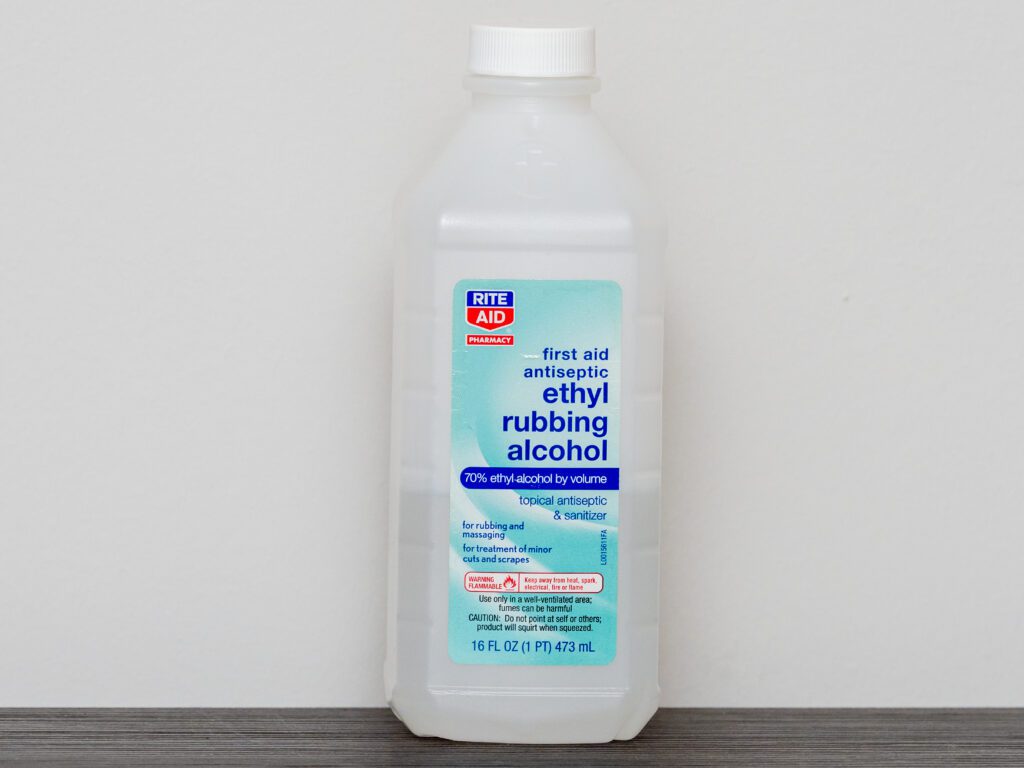

Other Smells That Birds Hate
- Ammonia: Its strong, pungent odor is unpleasant to birds.
- Rubbing Alcohol: The sharp scent can act as a deterrent.
- Bleach: Its intense chemical smell is disliked by birds, but it must be used cautiously due to its hazardous nature.
- Pet Waste: The odor from pet waste, particularly from predators like dogs and cats, can scare away birds.
- Predator Scents: Scents that mimic those of bird predators can be effective, though they must be realistic.
Homemade Repellent Recipes
- Peppermint Spray: Mix a few drops of peppermint oil with water and a small dish soap. Spray around areas to repel birds.
- Chili and Vinegar Solution: Combine chili powder or crushed chili with vinegar and water. Use as a spray on plants or surfaces.
- Garlic and Lemon Spray: Combine garlic cloves with lemon juice and water. This can be sprayed in gardens or on structures.
- Cinnamon and Eucalyptus Mix: Blend cinnamon powder with eucalyptus oil and water for a potent bird-repellent.
Reasons You Want To Keep Birds Away
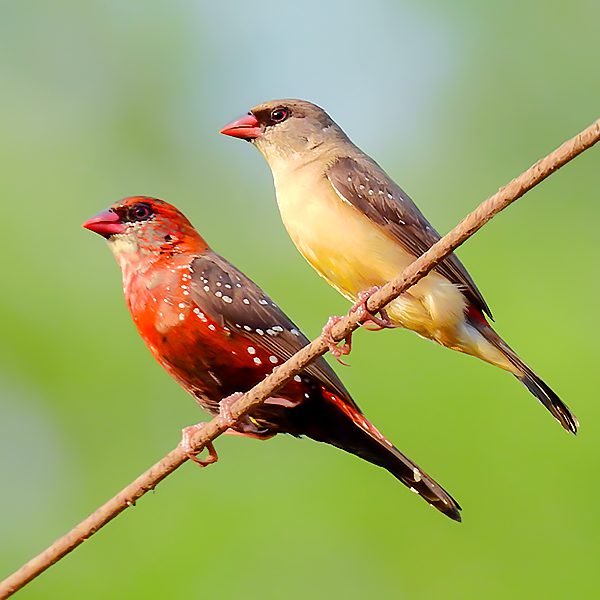

Red Avadavat
While birds can be beautiful and beneficial for the ecosystem, there are several reasons why you might want to deter them from certain areas, such as your garden or home. Understanding these reasons can help in applying the right repellent strategies effectively and humanely.
- Damage to Gardens and Crops: Birds can cause significant damage to gardens and crops. They may eat fruits and vegetables, dig up seeds, and harm flowers. Using scent-based repellents can protect your hard-earned garden without harming the birds.
- Health and Sanitation Concerns: Bird droppings can be unsightly and may pose health risks. They can harbor diseases and bacteria, making areas like patios, playgrounds, and outdoor seating areas unsanitary.
- Noise and Nuisance: In some cases, large flocks of birds can become a noisy nuisance, especially if they are roosting near living areas. Their constant chirping, especially in the early mornings, can be disruptive.
- Structural Damage: Birds can cause structural damage to buildings. Their nests can block gutters and drainage systems, and their acidic droppings can damage paint and other surfaces.
- Safety in Airports: Birds pose a significant risk in airport environments. They can be a hazard for aircraft during takeoff and landing. Keeping birds away from runways and airfields is crucial for safety.
- Attracting Predators: The presence of birds can attract predators like cats, snakes, and larger birds of prey. This can lead to an unwanted ecosystem imbalance in your garden or property.
Also, Read: 25 Birds With Red Heads (+Pictures Included)
Conclusion
Understanding and educating yourself on which scents are bothersome to birds is critical to ensuring your garden, backyard, and home remain bird-free. With this knowledge, you can effectively deter birds from your property without causing them harm, giving you peace of mind and keeping your spaces undisturbed.
